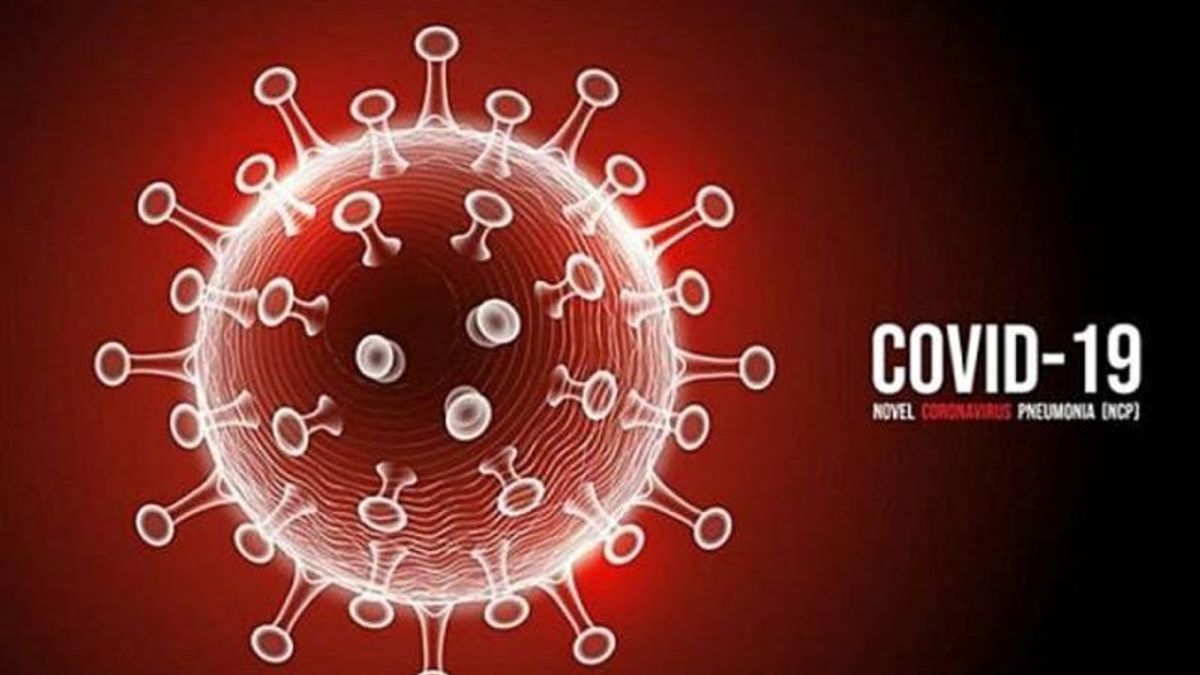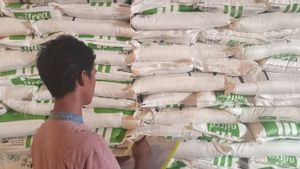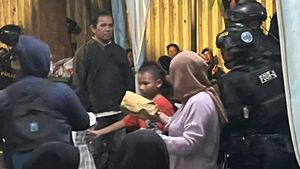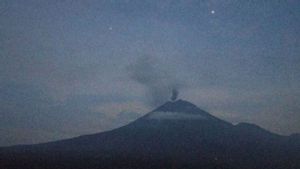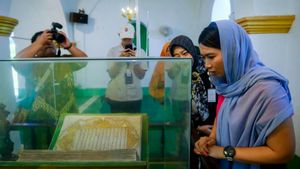JAKARTA - The COVID-19 Task Force reported that the number of active COVID-19 cases in Indonesia on Sunday decreased by 1,003 cases to 41,814 cases.
The number of active COVID-19 cases shows the number of patients who are still undergoing quarantine and treatment due to COVID-19 infection.
Data from the Task Force also shows that on Sunday there were an additional 2,764 COVID-19 cases, bringing the cumulative number of coronavirus infection cases since the first cases were announced in March 2020 until now a total of 6,372,542 cases.
The provinces that contributed the most additional cases on Sunday, namely DKI Jakarta (1,257 cases), followed by West Java (436 cases), Banten (305 cases), East Java (293 cases), and Central Java (131 cases).
The number of COVID-19 patients who recovered on Sunday increased by 3,751 people to a total of 6,173,081 people, while the number of patients who died from the disease was recorded to have increased by 16 people to a total of 157,647 people.
The government has relaxed restrictions imposed to prevent the transmission of COVID-19, but continues to carry out efforts to prevent and control the transmission of the disease, including carrying out vaccinations.
The government encourages residents to undergo a third dose of vaccination or booster dose in order to increase their body's resistance to COVID-19 attacks.
Professor of the Department of Microbiology, Faculty of Medicine, University of Indonesia (FKUI) Amin Soebandrio, stated that the mutation had caused new variants of COVID-19 to weaken.
"The mutation actually makes the virus look weak. Only four to five percent of the mutation can make the virus fiter or adapt," Amin said as quoted by Antara, Sunday, September 4.
Amin said that virus mutations could occur randomly.
In that process, the virus will replicate to increase itself when it finds a new person (host) to be transmitted, but there is a possibility if there is an error in his genetic material.
As a result, only four to five percent of viruses from mutation results can adapt to the environmental pressure in the vicinity, either due to drugs or antibodies.
The English, Chinese, Japanese, Arabic, and French versions are automatically generated by the AI. So there may still be inaccuracies in translating, please always see Indonesian as our main language. (system supported by DigitalSiber.id)
